Lenovo Gaming Laptop vs Gaming Desktop | How to choose?
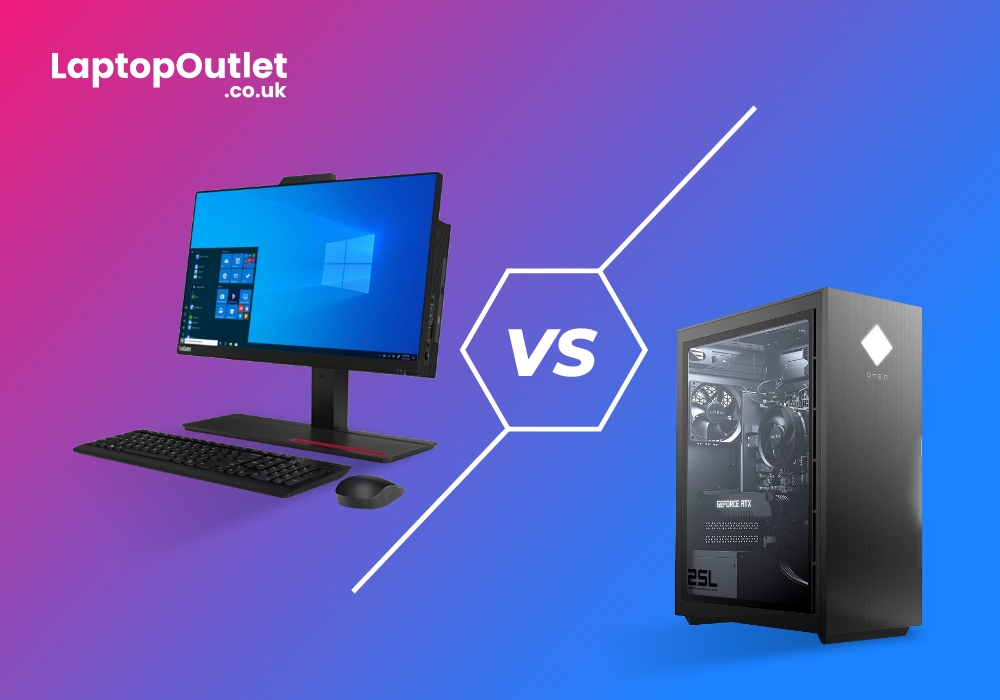
While most gamers understand the thrill of playing their favourite games on a large screen monitor with high-resolution graphics kept on a pedestal with a custom-made gaming desk, they are also beginning to wonder whether gaming laptops are good, if not better, option. It's not surprising - the tech market has seen a steady increase in gaming laptop sales, and manufacturers of these laptops are focusing on wooing their gamer audiences with cutting-edge innovations in GPUs, display resolutions, and high-speed processors.
Gaming laptops have undoubtedly emerged as a viable option for gamers, promising to provide everything a serious gamer may require to enjoy a high-quality gaming experience. So, if you've ever wondered how a gaming laptop compares to a gaming desktop, and which is the better option, here's a good place to start.
Aside from the obvious differences between a laptop and a PC, there are some gaming-specific differences between the two. If you're debating between the two, it's probably a good idea to look at both and understand where the advantages and disadvantages lie.
Portability:
This is a simple one. If you're addicted to gaming or a serious gamer competing in tournaments, you won't be able to carry your desktop with you everywhere you go. Laptops, on the other hand, are becoming increasingly thin, and with a good gaming laptop, you could game from almost anywhere. Even the heaviest laptop available is going to be lighter than a gaming desktop, isn't it?
Another disadvantage of a gaming desktop in terms of portability is the number of peripherals and wires that come with it – transporting these will be difficult.
Having said that, it's probably a good idea to know that most gaming laptops will still be larger than your average office laptop. While they will still fit in your backpack, they are not particularly sleek or light.
Customisability:
Gaming desktop offers an undeniable advantage over laptops. You can customize the gaming desktop according to your priorities and requirements. There is no limit to the extent of customization you can do with the gaming desktop. For the customization, the users must know the basic knowledge of hardware which is not difficult to acquire given the number of guides and tutorials available online. You can easily replace or remove any component that you want. All you will be needing is a couple of screwdrivers and some basic tools.
Now, the same case can not be applied to a gaming laptop. They are meant to be compact, and you cannot simply remove or replace any component as per your choice. You can install or fit any additional component to a laptop. It is one of the big disadvantages of gaming laptops over gaming desktops. While purchasing a good gaming laptop saves you the trouble and extra cost of purchasing and assembling your machine, it also eliminates the option of customising your machine with, say, a 144Hz gaming monitor or a cool mechanical keyboard.
This limits even the best gaming laptops in terms of how much you can customise them to take your gaming experience to the next level.
Display:
The display is a very important and even a deciding factor, so it has to be considered first. The main aim is that the display connects you to the parallel gaming universe as much as possible. Now, this is the factor where gaming desktops will always gain more points than gaming laptops.
In the case of gaming laptops, the screen sizes vary from 15 to 17 inches. The screens are full HD with a refresh rate of up to 60 Hz. Understandably, you want a gadget that can fit in your bag but at what cost? Your gaming experience will be confined.
A gaming desktop makes it easier to put together a top-tier gaming system, including a powerful monitor. Having said that, you can connect your laptop to an external monitor to expand your gaming experience beyond the 17-inch limit.
Performance:
Even at its most powerful, a gaming laptop is merely a scaled-down version of a gaming PC. The size difference between the two has an impact on more than just portability. Laptops have mobile versions of desktop processors, their parts are confined to specific areas within their bodies, and, most importantly, laptops receive significantly less airflow than desktops.
Gaming PCs, on the other hand, will always have more space - whether you want to add more components or storage - and their parts will always have better airflow. The most fundamental difference between gaming laptops and desktops is the difference in their GPUs.
Storage:
Laptops typically have less RAM than desktops, and while some of them allow for the installation of additional RAM modules, this is extremely difficult.
Most laptop RAM slots, gaming or otherwise, are extremely difficult to access, and the only way to get to them is to disassemble the laptop's base. This is not only dangerous, but it also voids your laptop's warranty. The last thing you want to do is buy an expensive gaming laptop and then damage it by trying to add more RAM.
Best Lenovo gaming laptops:
The best Lenovo gaming laptops are as follows:
- Lenovo Legion 7
- Lenovo Ideapad gaming 3
- Lenovo Legion 5
Best Lenovo gaming desktops:
The best gaming desktops are as follows:
-
Lenovo IdeaCentre 5
- Lenovo Legion T5
Bottom line:
As you can see, we're not about to crown a clear winner. Each form factor offers its own set of advantages. Okay, the fact that a desktop computer can win on absolute power (if you spend a lot of money) may make it appear to be the obvious choice for the super-hardcore gamer.
However, the desktop comes at a cost other than money. A gaming laptop is simple to use and works right out of the box. And, with today's mobile GPUs and CPUs, the difference between actual gaming performance and 'benchmarking' results using special software to score performance isn't that significant.
While gaming desktops continue to provide exceptional performance, they may not be appropriate for you. What we can guarantee is that Laptop Outlet's selection of desktops and laptops is excellent – so you'll be happy no matter what you buy.
Learn more about gaming performance:
| Gaming Laptops for Esports: How to Choose the Right One |
| MSI Gaming Laptops Series Guide |
Related Articles
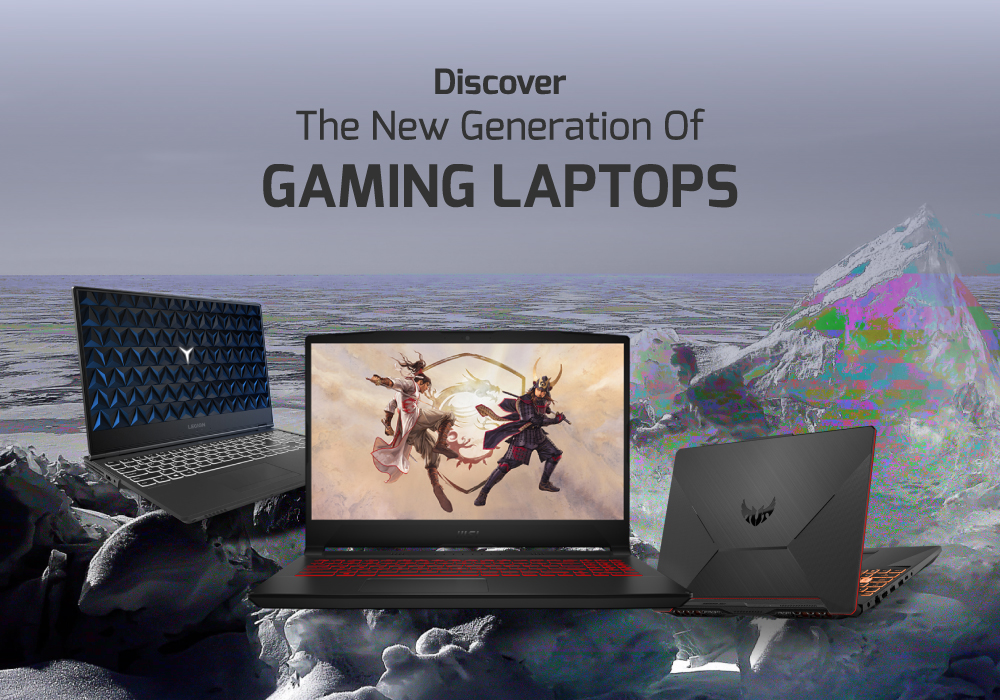
October 14, 2021
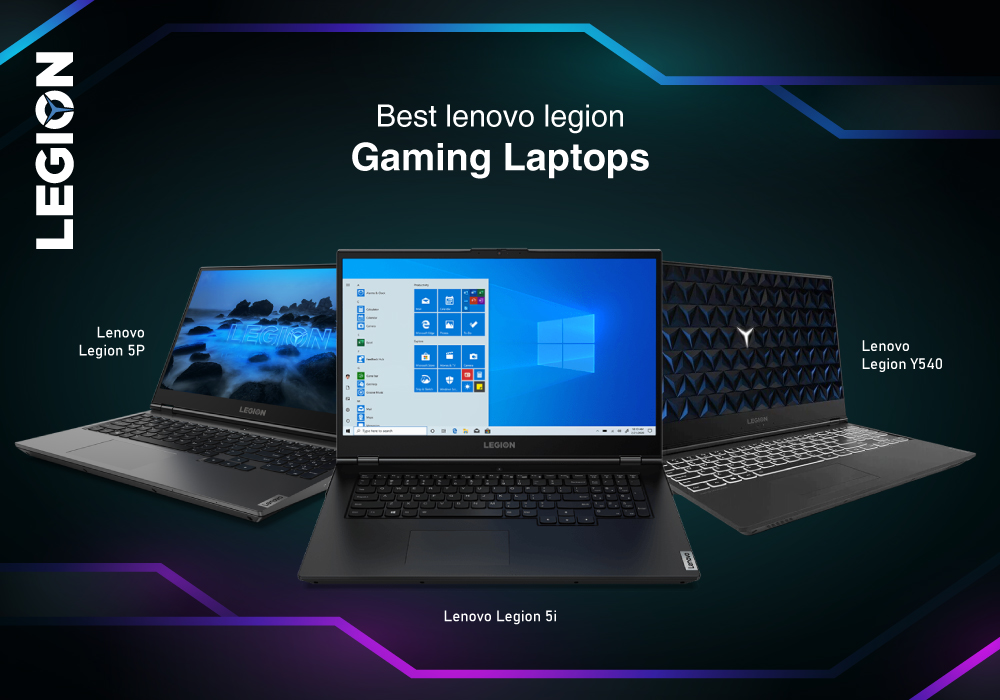
December 31, 2021
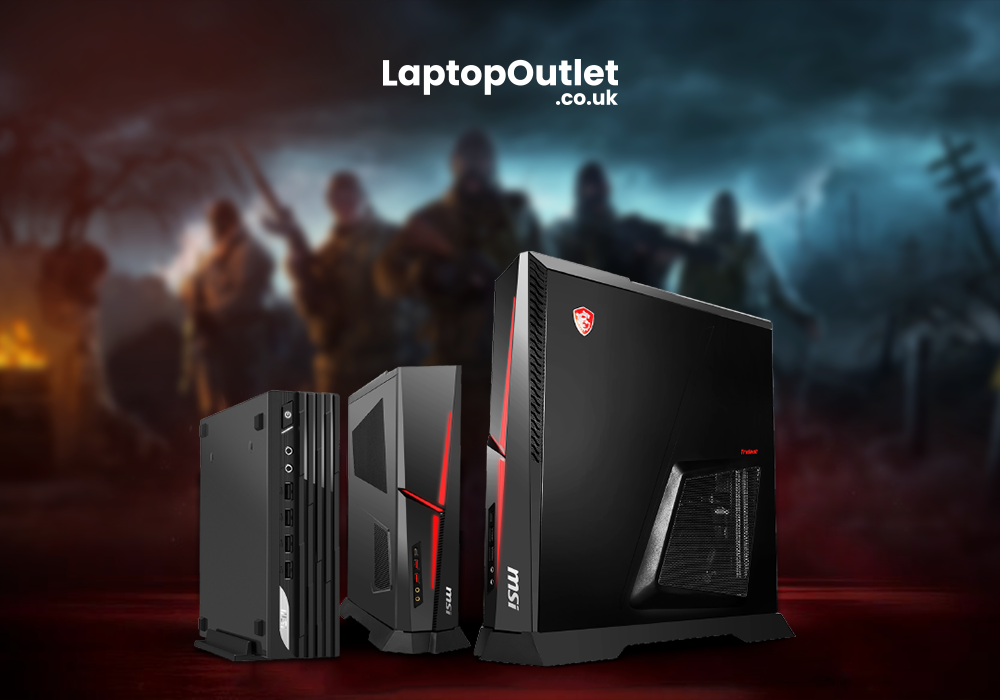
March 20, 2023
Gaming PCs manufactured by MSI are highly sought after by gamers of all skill levels. The market's competition is on the rise, and choosing the best MSI gaming PC from the many choices available can be a daunting task. However, this article will take you through the process of selecting the best MSI gaming PC for your specific requirements.
Key Considerations
Prioritize Your Needs Based on Your Purpose
The primary and most crucial element to think about before purchasing an MSI gaming PC is your purpose. Do you play video games for a living, make material related to gaming, or just play them for fun in your spare time? Find out what features your gaming PC must have by answering this question.
A high-end graphics card, processor, and memory are necessary for professional gamers to get the finest possible experience. Video editors and other content developers may benefit from having access to a fast computer and large amounts of storage space for their projects. On the other hand,
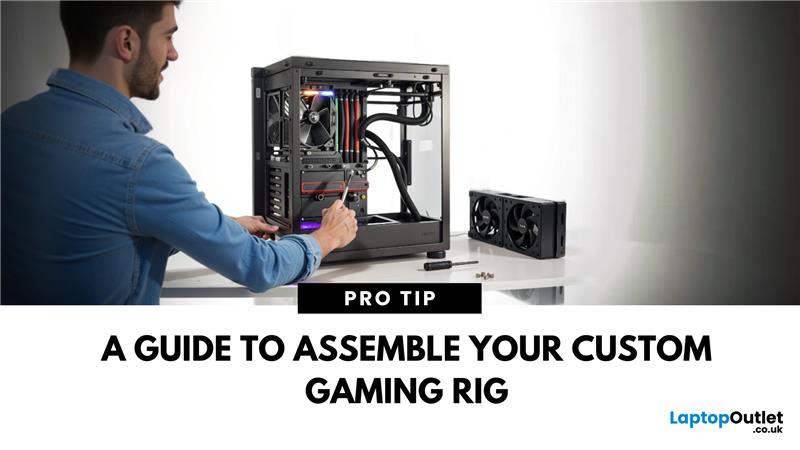
April 17, 2025
Introduction: Ready to Build Your Dream Gaming PC?
Building a gaming PC isn’t just for tech enthusiasts—it’s the best way to get exactly the performance you want for your budget. Whether you’re after high FPS, 4K visuals, or competitive play, building your own gaming PC gives you full control over your setup. Here’s how to do it, step by step.
What You’ll Need to Build a Gaming PC
Essential Components:
- CPU (Processor)
- GPU (Graphics Card)
- Motherboard
- RAM (Memory)
- Storage (SSD/HDD)
- Power Supply Unit (PSU)
- PC Case
- Cooling System (Stock cooler or aftermarket fans/liquid cooling)
Optional Components:
- RGB lighting
- Additional case fans
- Aftermarket CPU cooler
Step-by-Step: How to Build a Gaming PC
1. Prepare Your Workspace
- Work on a large, flat surface
- Use an anti-static mat or wrist strap
- Gather all your components and tools
2. Install the CPU
- Open the CPU socket on the motherboard
- Align the CPU correctly (check the corner marker)
- Gently place and
